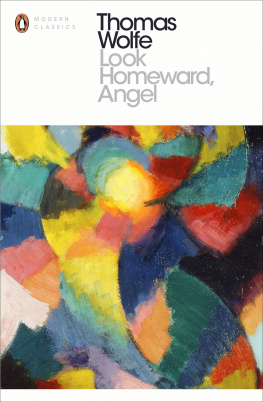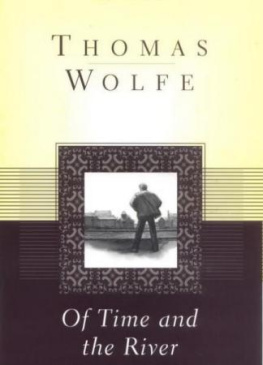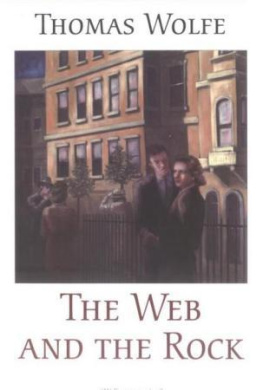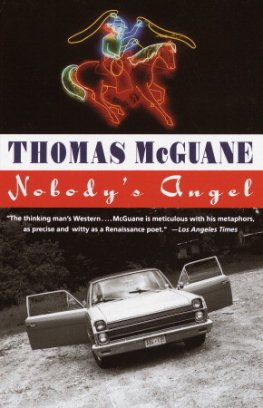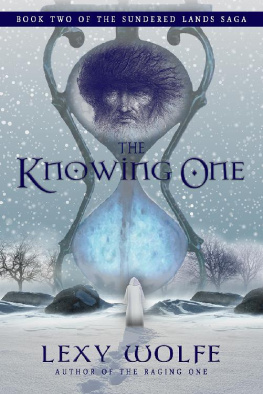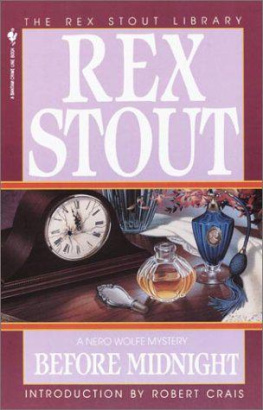Thomas Wolfe - Look Homeward, Angel
Here you can read online Thomas Wolfe - Look Homeward, Angel full text of the book (entire story) in english for free. Download pdf and epub, get meaning, cover and reviews about this ebook. year: 2016, publisher: Penguin UK, genre: Detective and thriller. Description of the work, (preface) as well as reviews are available. Best literature library LitArk.com created for fans of good reading and offers a wide selection of genres:
Romance novel
Science fiction
Adventure
Detective
Science
History
Home and family
Prose
Art
Politics
Computer
Non-fiction
Religion
Business
Children
Humor
Choose a favorite category and find really read worthwhile books. Enjoy immersion in the world of imagination, feel the emotions of the characters or learn something new for yourself, make an fascinating discovery.
- Book:Look Homeward, Angel
- Author:
- Publisher:Penguin UK
- Genre:
- Year:2016
- Rating:3 / 5
- Favourites:Add to favourites
- Your mark:
- 60
- 1
- 2
- 3
- 4
- 5
Look Homeward, Angel: summary, description and annotation
We offer to read an annotation, description, summary or preface (depends on what the author of the book "Look Homeward, Angel" wrote himself). If you haven't found the necessary information about the book — write in the comments, we will try to find it.
Look Homeward, Angel — read online for free the complete book (whole text) full work
Below is the text of the book, divided by pages. System saving the place of the last page read, allows you to conveniently read the book "Look Homeward, Angel" online for free, without having to search again every time where you left off. Put a bookmark, and you can go to the page where you finished reading at any time.
Font size:
Interval:
Bookmark:
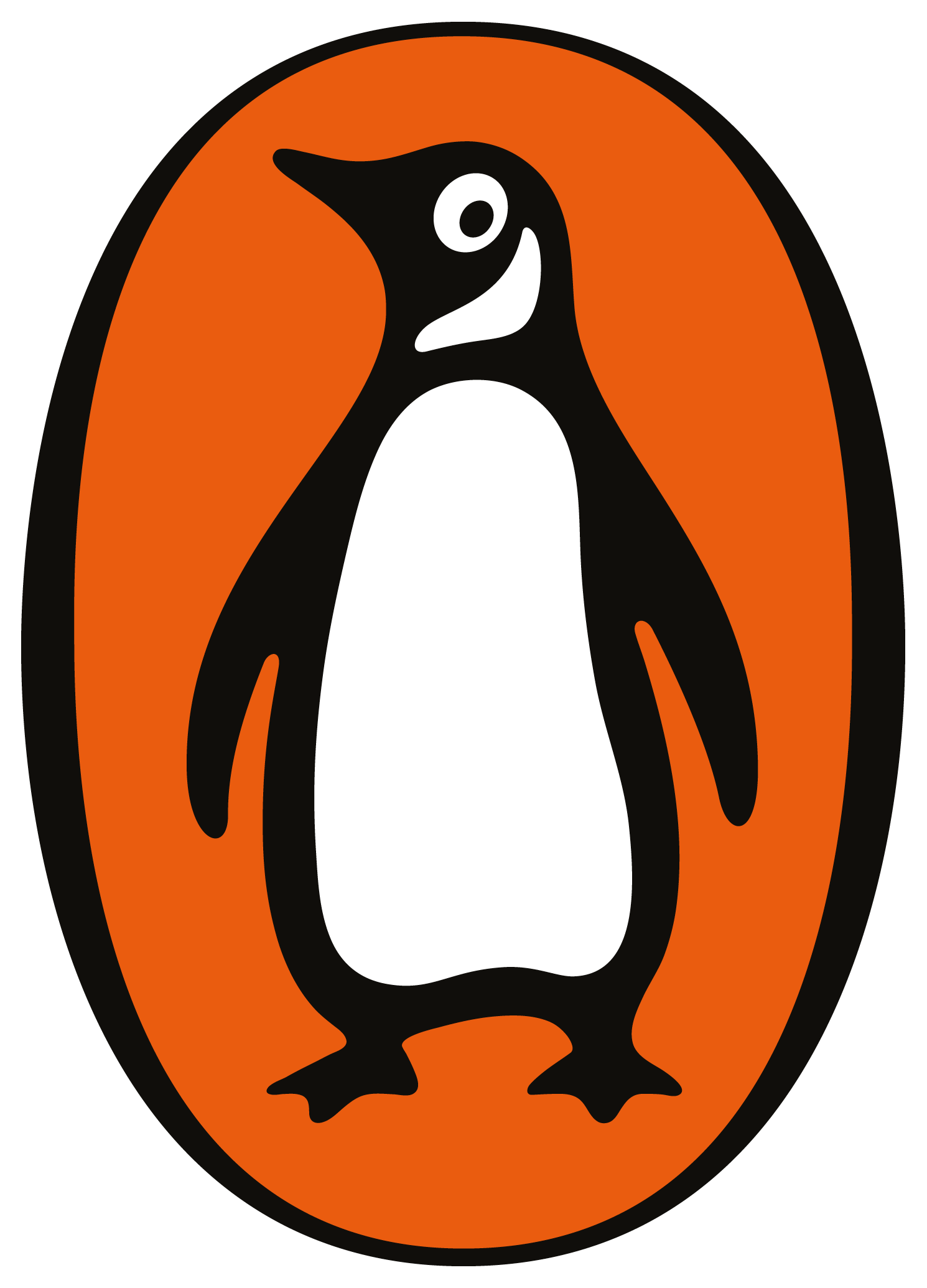

PENGUIN MODERN CLASSICS
Thomas Clayton Wolfe was born in Asheville, North Carolina, in 1900. His mother ran a boarding house and his father a gravestone business; Wolfe was the youngest of their eight children. At fifteen, he went to the University of North Carolina, and later studied for an MA at Harvard. After graduating in 1920, Wolfe taught English in New York, and then spent several years living between the USA and Europe and trying to realize his ambitions as a writer. In 1925, he started a relationship with Aline Bernstein, a married costume designer whom he met aboard a ship returning from Europe. The following year, he began writing a sprawling autobiographical novel called O Lost, which was extensively revised and cut down by his editor, Maxwell Perkins, and published in 1929 under the title Look Homeward, Angel. It received a spectacular reception, and was followed by Of Time and the River in 1935, again heavily edited by Perkins. Wolfe subsequently broke with Perkins, and moved to a new publisher.
In July 1938, Wolfe caught pneumonia, which in a few weeks developed into tuberculosis. He died on 15 September, aged thirty-seven. At the time of his death, he had left two completed novels with his publisher; these were published posthumously as The Web and the Rock (1939) and You Cant Go Home Again (1940). In his obituary, The New York Times wrote: The stamp of genius was upon him, though it was an undisciplined and unpredictable genius There was within him an unspent energy, an untiring force, an unappeasable hunger for life and for expression which might have carried him to the heights and might equally have torn him down.
Elizabeth Kostova is the author of The Historian (2005) and The Swan Thieves (2010), as well as introductions to Bram Stokers Dracula and Mary Shelleys Frankenstein. Her work has been translated into forty languages. Kostova teaches and lectures internationally and is co-founder of the Elizabeth Kostova Foundation in Bulgaria. She lives in North Carolina with her family.
Then, as all my soules bee,
Emparadisd in you (in whom alone
I understand, and grow and see),
The rafters of my body, bone
Being still with you, the Muscle, Sinew, and Veine,
Which tile this house, will come againe.
On one corner of the main square in Asheville, North Carolina a small city in the Blue Ridge Mountains stands a monument so unusual that it might easily confuse the casual tourist. Two blocks of granite huddle together there; the taller is a tombstone ornamented with a lamb, but with no grave in sight and no name on the stone. On the shorter block is a collection of bronze tools and a passage from Look Homeward, Angel: A Story of the Buried Life, first published in 1929:
He would find his father in the workroom using the heavy wooden mallet with delicate care, as he guided the chisel through the mazes of an inscription As Eugene saw him, he felt that this was no common craftsman, but a master.
A plaque in the sidewalk explains that the monument shop first set up in the 1880s by author Thomas Wolfes father W. O. Wolfe once stood at this corner. Much has changed on Pack Square since W. O.s youngest child was born, but a few buildings from that era survive, and the mountains still enclose the town at a hazy distance. Steps away, in front of the former public library building where Thomas Wolfe devoured books as a child, stands another monumentthis one a marble angel inspired by the Italian figure that marked the entrance to W.O.s shop. Three blocks from the square, a boarding house run by Wolfes mother, Julia Westall Wolfe, now serves as a museum and memorial to their famous son.
Historic downtown Asheville is a pleasant place to walk around on a sunny morning, but these streets would be one more display of Americana if it werent for the author who brought them to life in his work. Thomas Clayton Wolfe was born in Asheville on 3 October 1900, the child of a new century. He died in Baltimore of miliary tuberculosis on 15 September 1938. He has the distinction of being both a great American writer and an obscure American writer. His reputation looming in his lifetime, interrupted before he could attain what might have been even more prominence, then fading under decades of hostile literary criticism is a complicated one. Look Homeward, Angel, his first novel, won him a place of influence among previously established American writers; his second novel, Of Time and the River, was a bestseller in several countries. In a 1930 acceptance speech for the Nobel Prize in Literature, Sinclair Lewis made special note of the newcomer: there is Thomas Wolfe, a child of, I believe, thirty or younger, whose one and only novel, Look Homeward, Angel, is worthy to be compared with the best in our literary production, a Gargantuan creature with great gusto of life
Turning through the pages of the 1967 Fourth Edition of The Oxford Companion to English Literature, however, I found Wolfe enshrined in a mere three sentences. In the same volume, William Faulkner who admired Wolfes writing, at least initially commands a quarter of a page and F. Scott Fitzgerald a long paragraph. Wolfes current Wikipedia entry, on the other hand, runs to nearly 5,000 words, in keeping with a more recent surge of interest in his work. A US postage stamp issued on the centenary of his birth shows him in brooding to use one of Wolfes favorite words semi-profile, with the requisite glint of genius or perhaps madness in his eye.
In fact, everything about Wolfe was large: the sweep of his language, his appetite for life and travel, his temper, the length of the manuscripts he brought to his publishers. He stood six feet and nearly seven inches, broad-shouldered and restless. Maxwell Perkins of Charles Scribners Sons, his first editor, wrote with wonder of their meeting: When I looked up and saw his wild hair and bright countenance I thought of Shelley. Perkins worked closely with Thomas Wolfe on the manuscript that became Look Homeward, Angel (he began by helping Wolfe cut about ninety pages out of the books opening) and then on its enormous sequel, Of Time and the River (1935). The myth that Perkins wrote Wolfes first two books with or for him is patently untrue and was hurtful to Wolfe; it ultimately prompted him to seek another editor and publisher. Their friendship, however, was one of the anchors of Wolfes short life and remains a shining example of editorial ability to nurture genius.
Look Homeward, Angel is so relentlessly autobiographical that its hard to separate the book from any account of Wolfes youth, or his youth from any discussion of the book. First and foremost, it is a bildungsroman, the story of sensitive, gifted, observant Eugene Gant and his coming of age. This makes it a novel with European heritage, but secondly, and just as importantly Look Homeward, Angel is the portrait of an American community, full of unforgettable characters and sharing the tradition of Thornton Wilders
Font size:
Interval:
Bookmark:
Similar books «Look Homeward, Angel»
Look at similar books to Look Homeward, Angel. We have selected literature similar in name and meaning in the hope of providing readers with more options to find new, interesting, not yet read works.
Discussion, reviews of the book Look Homeward, Angel and just readers' own opinions. Leave your comments, write what you think about the work, its meaning or the main characters. Specify what exactly you liked and what you didn't like, and why you think so.

